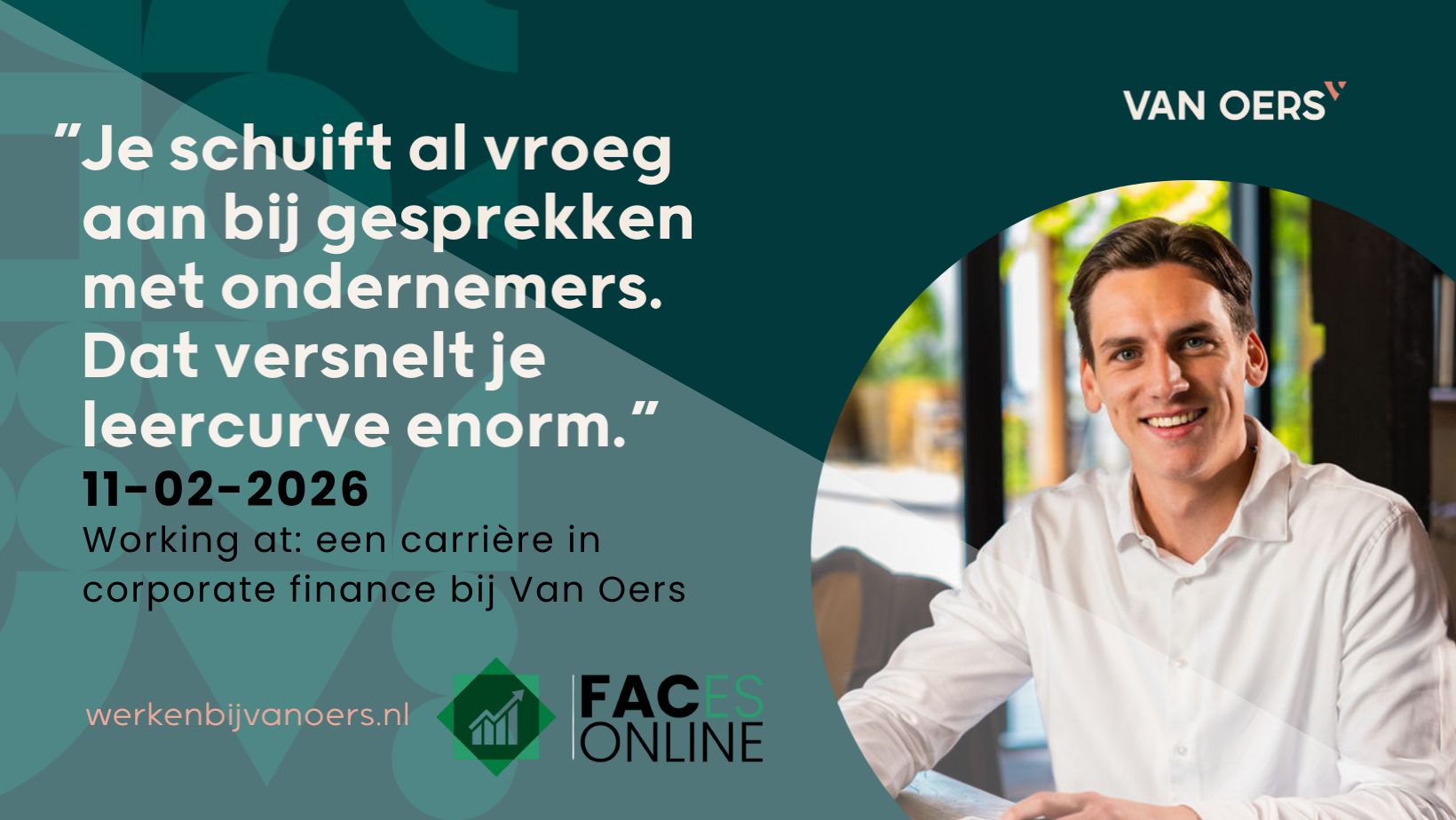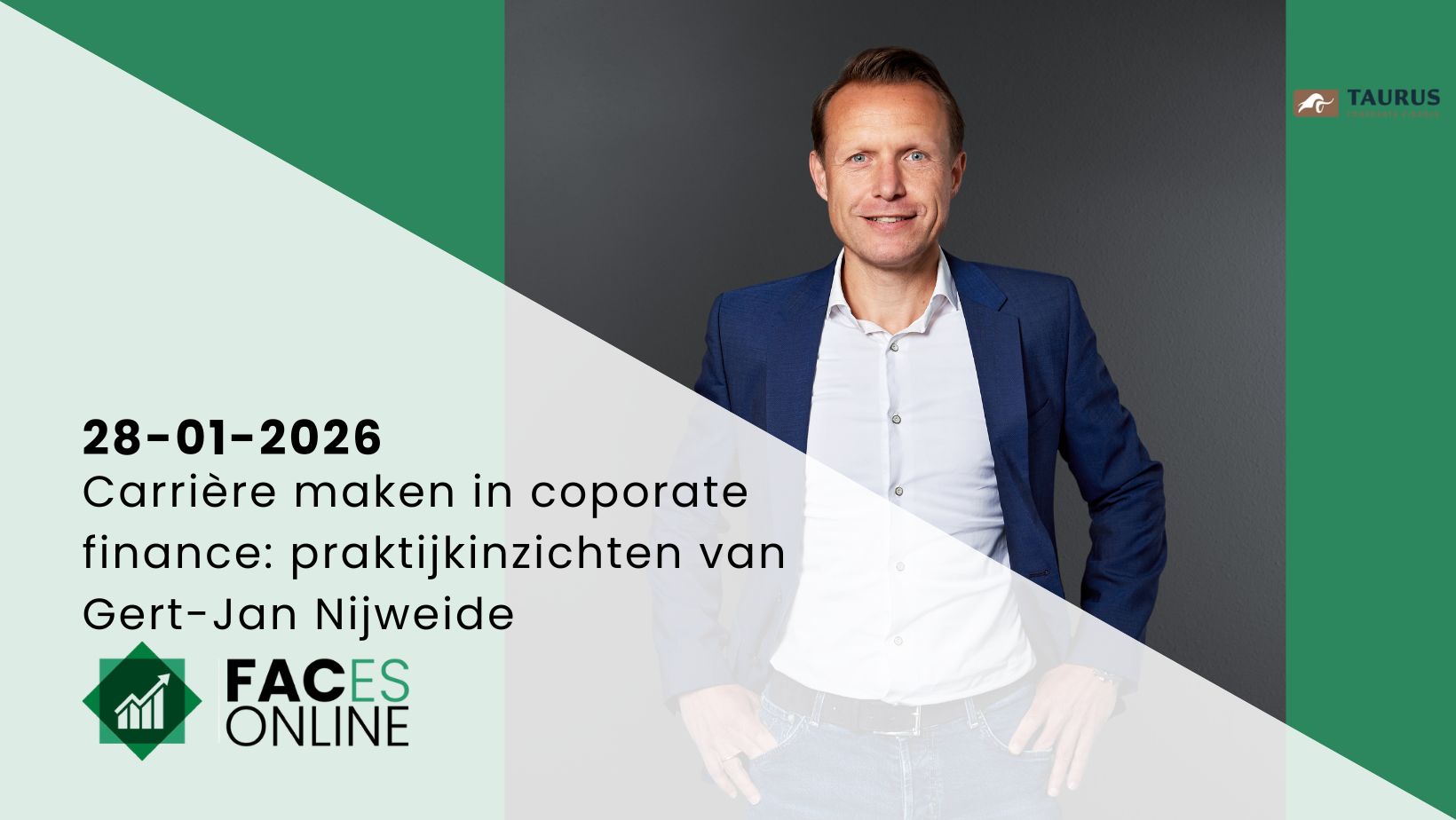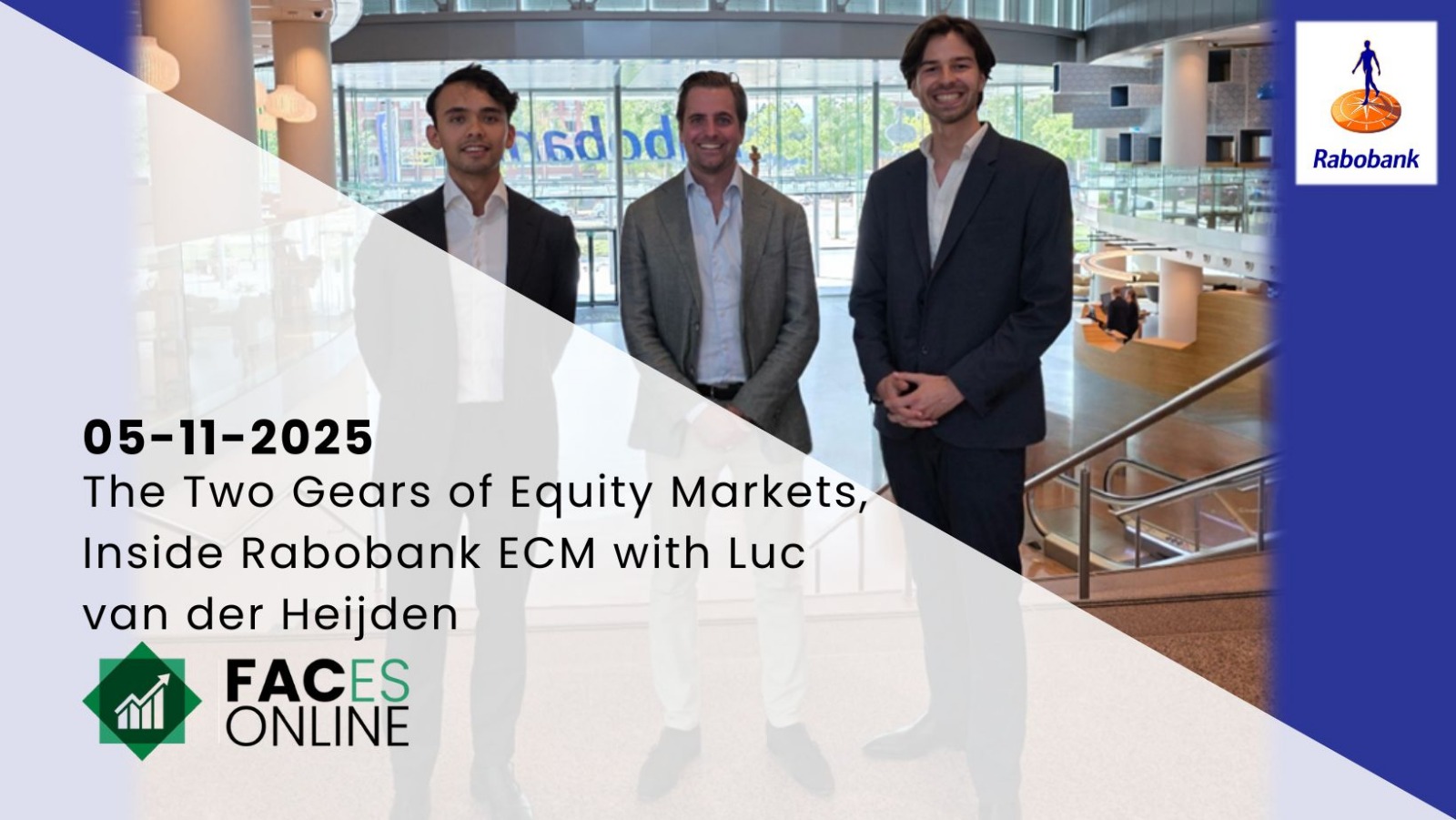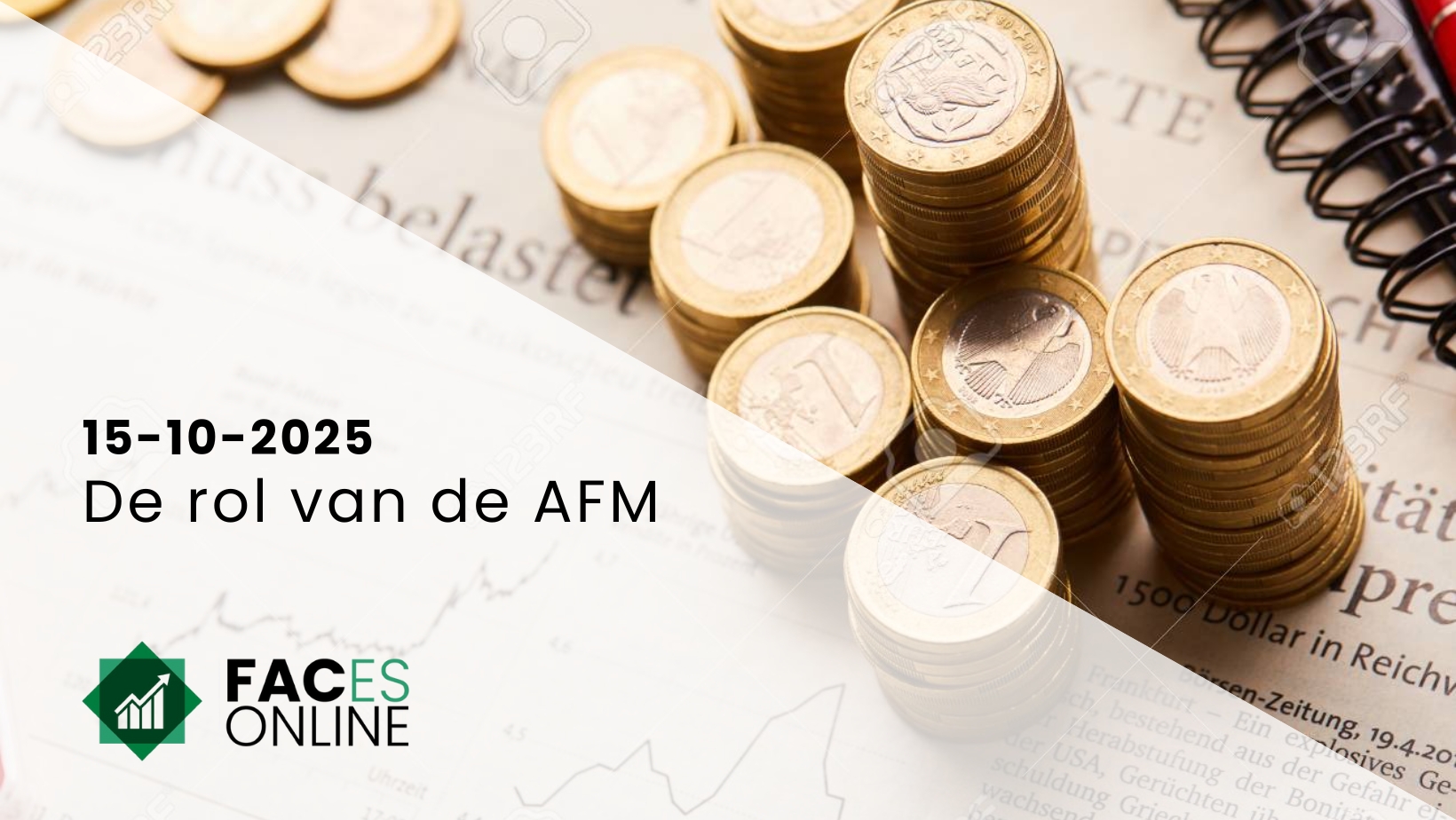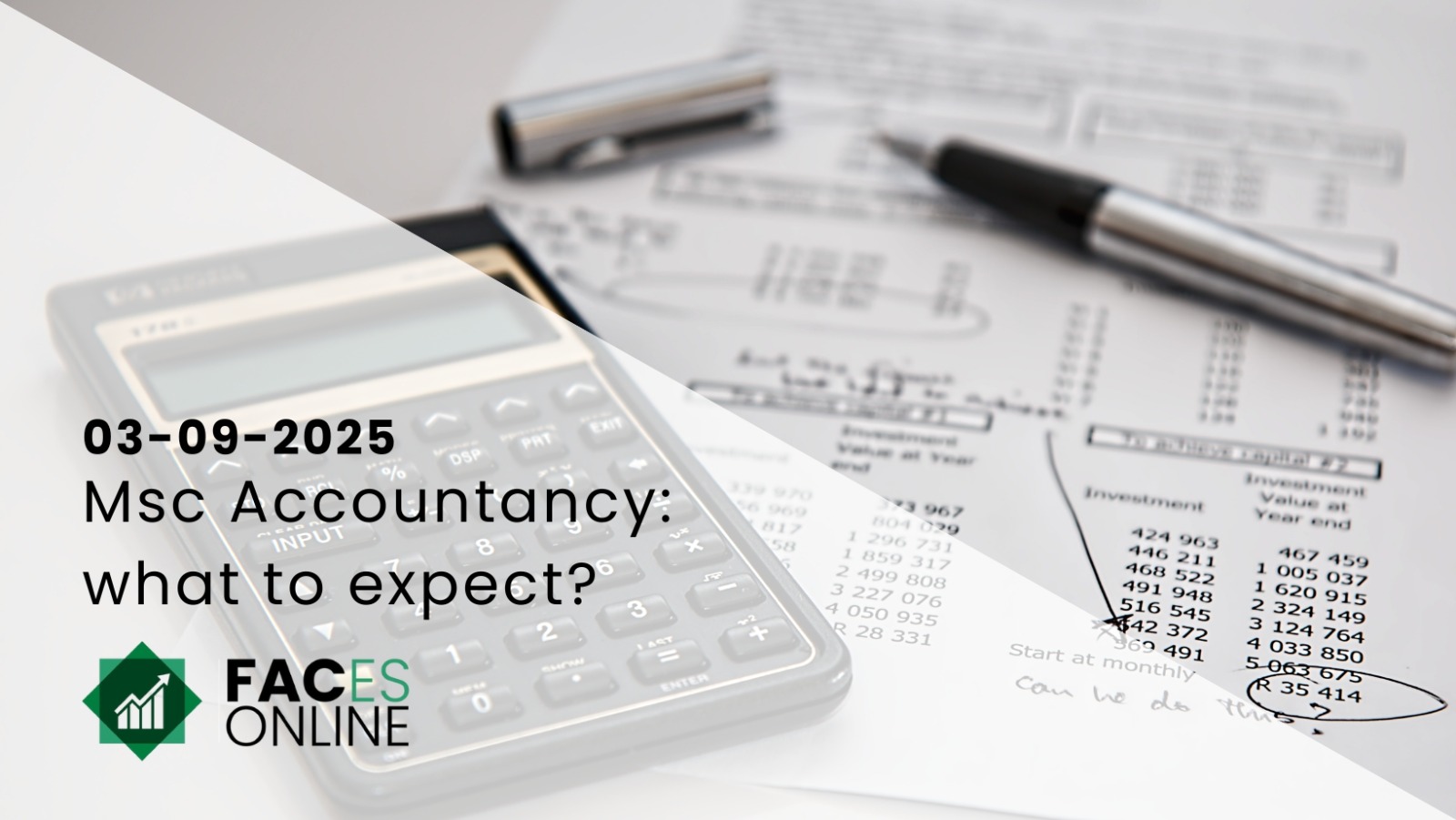Could you inform us about Post-Master programs at Tilburg University?
We have three programs to become a Registered Accountant (RA): Post-Master Accountancy (PMA), International Post-Master Accountancy (IPMA) and European Post-Master Accountancy (EPMA). All have the same content and goal of fulfilling the theoretical part of becoming a Registered Accountant. The PMA and IPMA are programs which are taught in Dutch. However, the EPMA is internationally oriented and therefore taught in English. IPMA is fully taught at Curacao and attracts participants from the Dutch Antilles and the USA; EPMA is taught in Europe in three countries; The Netherlands, Romania and Spain.
Could you explain your role as the EPMA Program Manager?
Since July 2015, I am the Program manager for EPMA and IPMA. My role is to coordinate the seminars held in Tilburg, Bucharest and Valencia. I co-organize these seminars with our secretary and the Program Manager in Bucharest and Valencia. Next to this I am the contact person for students, correctors, teachers and examinators of our program. I also have the task to create awareness for all our Post Master programs, both in the Netherlands and abroad.
Could you briefly explain the scope and the main purpose of the EPMA?
All our students have one goal which is to become an RA. We provide the theoretical knowledge that they need. As an add-on, the EPMA program also prepares the students for the Certified Public Accountant (CPA) exam, for this extra courses are facilitated by us.
What is unique about the EPMA Program?
It is a truly international program, both through its orientation and structure. We are crossing Europe to teach our students. EPMA allows students to work and live abroad while following the program. Of course the program is taught in English with international lecturers, and international guest speakers are combined with the regular Dutch faculty. These guest lecturers teach our students about regular topics of the program, as well as about becoming an auditor abroad if the students opt for that. The EPMA program facilitates company visits to Big-4 and Mid-tier audit accounting firms in Bucharest and Valencia. This is interesting if you are also interested in working in an international atmosphere or have international clients. EPMA is a unique program because it is interesting for both Dutch and international students.
Can you provide some facts about EPMA Program (such as the international diversity, age, participant profile)?
As from this year the program consists of more international students than Dutch students. The age of the participants vary from 21 to 36. The level of experience is slight because usually the students enroll when they start their job at an accounting firm. Next to that, the employer of the student should indicate that the student is eligible for the program. This is something which is communicated between the employer and the student. Tilburg University has no say in this since this decision depends on the employer’s policy. All applications are individually assessed.
Is there any quota on the number of participants to EPMA program?
Twenty-four students are the maximum to keep the discussions in small groups and to maintain a focused work group.
What is the tuition fee amount for the EPMA program?
The 2015/2016 tuition fee for this year’s EPMA program is €3.650 excluding literature and costs of guiding the practice thesis. The literature costs are estimated around €1200 for the whole program, this is €400 per year. The guidance of the practice thesis can be arranged by the employer. In applying for the EPMA program, there is no difference made between EU- and non EU students. If students want scholarships, it can be looked at. However, it will be on an individual basis. There is no special EPMA program scholarship available for students.
What kind of arrangements are made for following the sessions that take place in Spain and Romania?
The universities will provide the arrangements that relate to the teaching facilities. For example, Tilburg University arranges the teaching locations and the drinks during breaks. Also, Tilburg University arranges two joint dinners in which all EPMA students can meet each other and the staff. Usually these dinners take place at the first week of the seminar and the last week of the seminar. Other expenditures like travelling, hotels and food have to be arranged by the students themselves. Nevertheless, the EPMA program office always selects hotels and reserves rooms upfront so that students always have a room available, at a favourable rate. Of course you are also allowed to book your own hotel. This has to be communicated in time by the student to the University, otherwise there will be double rooms reserved. So on top of the tuition expenditures, the student has to pay for housing and transportation. However, most of the time the transportation and staying cost are covered by the accounting firm, following the policy of the employer.
Is the EPMA Program graduation diploma recognized internationally?
Yes, the graduation diploma, provided to the graduates by Tilburg University, is recognised both nationally and internationally. There is no difference in value of the diploma between the EPMA program and the Post Master Accounting (PMA), the Dutch counterpart of this study.
Could you briefly explain how to obtain the RA/CPA qualifications at the end of EPMA Program?
The RA qualification is given to individuals who have met all the requirements of the NBA. These requirements can be split into a theoretical and a practical part (traineeship at an accounting firm). Only the theoretical part is covered by the EPMA program. The practical requirement roughly means that you have to work at an accounting firm for three years. A student has to work at least five hundred working hours per semester and over the full three years the students must have worked one thousand hours at audit related tasks. Besides working, students have to file semester reports about their progression and write a practice thesis, which can be guided by Tilburg University as well.
What are the career options after following the EPMA Program?
After having graduated and having obtained the diploma from the EPMA program, the student can stay in an accounting firm and further progress to an audit manager or even partner. But becoming an accountant in business, or a controller, CFO, financial director, et cetera is also possible. After having obtained the EPMA diploma, obtaining the actual RA title has proven to be extremely valuable for positions as accountant is business.
What should participants expect from the EPMA Program?
Following the EPMA program, students can expect a truly international experience of accounting that highly contributes to the development of a European accountancy profession. Further, educational guidance by professionals and academics is provided. There is a high level of discussion and interaction due to the small groups of students.





